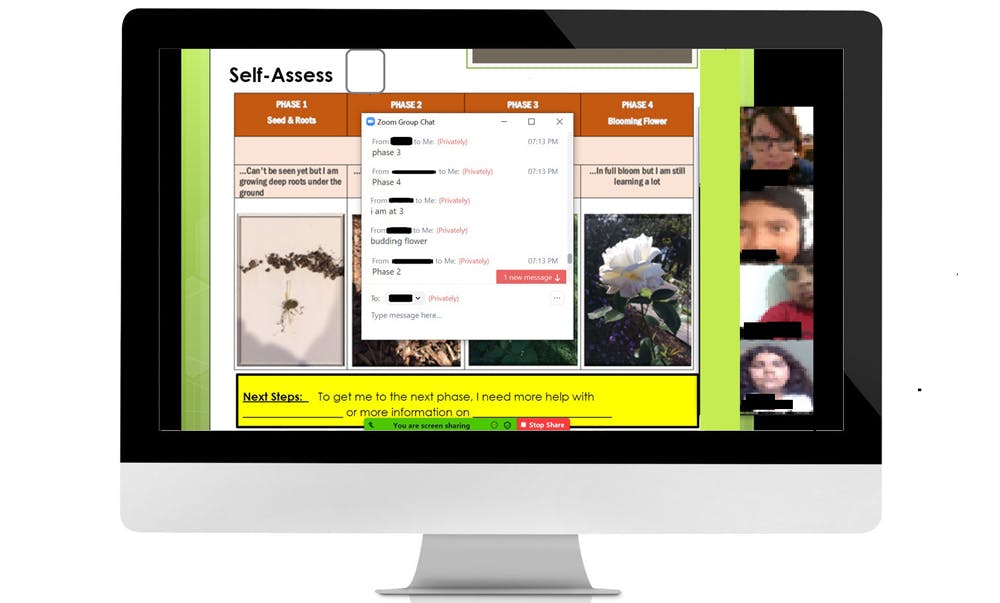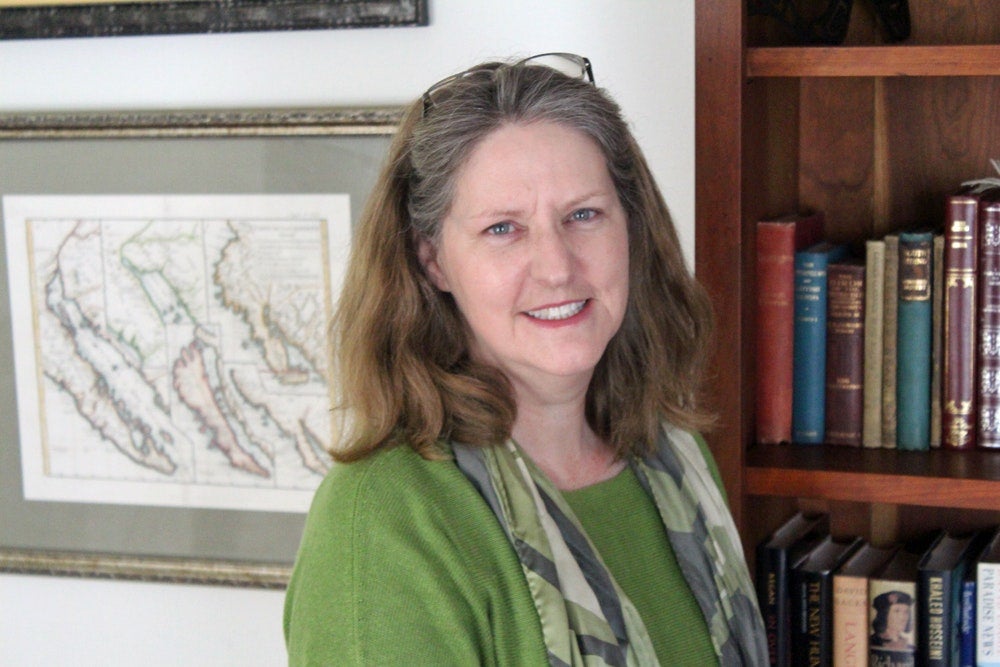As school begins online this fall amid the COVID-19 pandemic, it is likely that many students will struggle to adjust to learning from a distance, and that many teachers will be challenged to help them. This may be particularly true for those students who are English learners and their teachers.
The challenges for English learners loom large as schools ramp up online learning to a whole new level. Research shows that remote learning can exacerbate inequalities for English learners and they are also disproportionately affected by a lack of access to technology and the Internet.
Teachers may be hard pressed to understand and monitor how well students are learning new content and English. And opportunities to assess student learning through direct observation and interaction with students will be limited. Educators need innovative ways to gather feedback and information — formative assessment — that can inform and guide instruction and further learning.
To assist teachers and English Learners, researchers at UCLA through the ExcEL Leadership Academy have worked with teachers in California and Connecticut to develop and try out a new online student self-assessment tool educators can use to monitor and support students remotely.
“This is the time for formative assessments to shine,” said Alison Bailey, UCLA education professor and principal investigator of the ExcEL Leadership Academy project at UCLA Center X. “If we are going to have to step back from statewide standardized assessments, how else are we going to monitor growth and address student needs?”
The new tool can be used by teachers to assess progress toward learning goals and measure understanding of specific lessons and language learning, enabling teachers to provide feedback to students. Teachers can use the tool with their entire class or in groups during instruction. And when students are working independently or offline, teachers can encourage student self-reflection and reporting of progress. Students can share responses with teachers by email, via chat, or post them privately online.

“Now is the time to step up to the plate and use formative assessment,” Bailey said. “This new self-assessment tool offers a simple way to check in with students and see how they are doing. Formative assessment is an approach to classroom assessment. One way to formatively assess means having a conversation with students, and learning from the questions they ask you. This tool can generate information to support those conversations. Teachers can use formative assessment in ways that are intentional and planful and deliberately construct ways to probe and assess learning that can take account of the language proficiency of young English learners and newcomer students at beginning levels of English proficiency.”
Teachers are sharing early successes. Heather Brown, a first-grade teacher, reports that, “Using the visual progression self-assessment helped me understand how students felt at the beginning and end of the math unit. It gave me an opportunity to help them further their understanding with additional teaching and practice.”
Heather is part of the Project ExcEL team in Connecticut who, with ExcEL Leadership Academy personnel and UCLA researchers, is now busy adapting existing district probes to make them usable remotely as schools either stay online into the fall, or adopt hybrid models—using part online and part in-person instruction.
Professor Bailey recommends for assessment that educators and school leaders working with English learners,
- Keep it simple
- Keep it visual
- Share what works with colleagues and administrators
“Above all,” she says, “Remember this is not about scores for accountability but about generating information close to the student so the focus of instruction stays on the student.”
For more information, please see the Self-Assessment Brief and Tool or contact Professor Alison Bailey.
For more information about the ExcEL Leadership Academy, please see the project website or contact Laureen Avery or Jason Cervone.
Regional Educational Laboratory Northeast & Islands, 2020.
Photo courtesy of Alison Bailey
